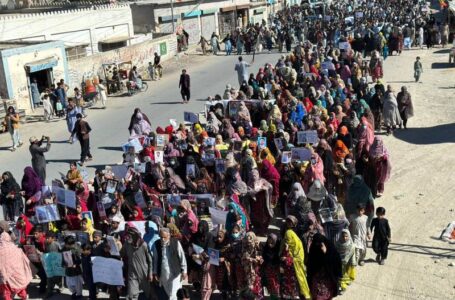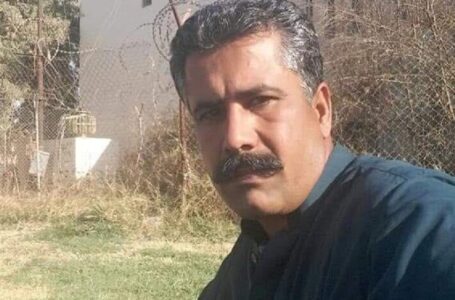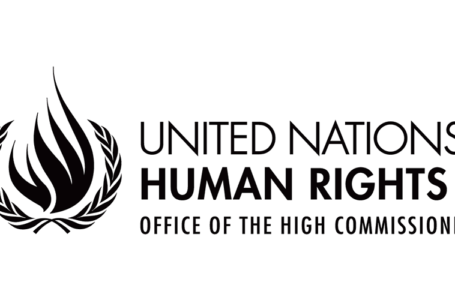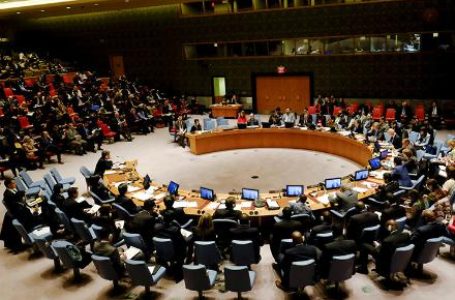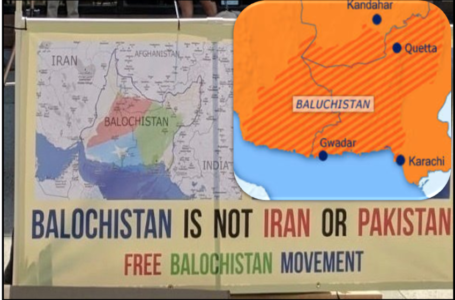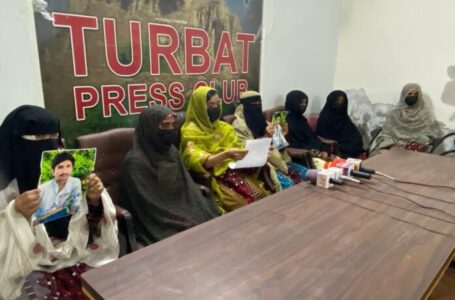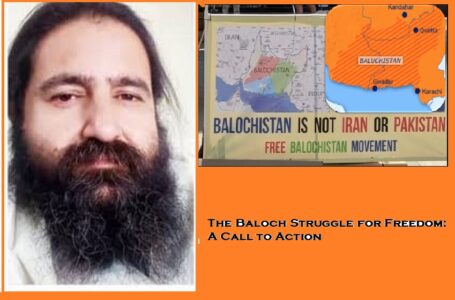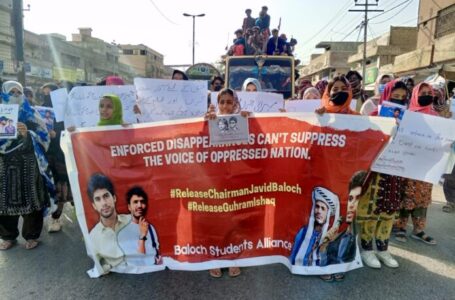The Silence of a Nation: Baluchistan Under Iranian Occupation
Pakistan’s Global Trade and Human Rights Violations
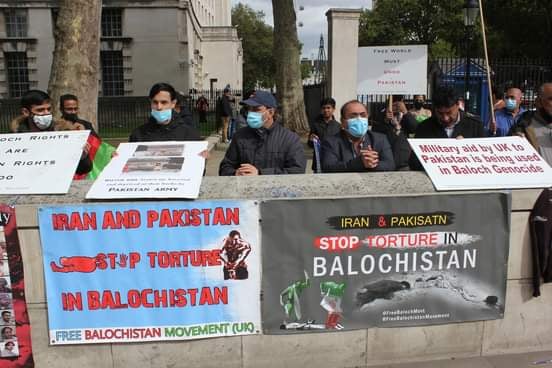
By Shahdad Baloch
Pakistan’s engagement with international institutions and trade bodies stands in stark contrast to its human rights record, particularly concerning the Baloch and Pashtun nations. While Pakistan benefits from economic partnerships and financial aid from entities like the European Union (EU), World Bank, Asian Development Bank (ADB), International Monetary Fund (IMF), the South Asian Association for Regional Cooperation (SAARC), and the Commonwealth, it continues to perpetrate severe human rights abuses against these suppressed nations.
These nations face the worst form of colonialism in the modern era, under the watch of human rights champions whose aid and trade with Pakistan further exacerbate the human rights issue. The international community has aided Pakistan in the name of Balochistan but has never bothered to visit the region and record the sufferings of people from all walks of life.
Balochistan, a region rich in natural resources, has been a centre of geopolitical interest and conflict for over a century. The division of Balochistan was formalized by the British colonial administration through the Goldsmith Line (1871) and the Durand Line (1893), which split the Baloch territories between British India, Iran, and Afghanistan. This arbitrary division ignored the ethnic, cultural, and social fabric of the Baloch people, setting the stage for prolonged conflict and resistance. With the knowledge of the historical and documented facts that the Baloch nation is at war with colonial Pakistan, the international community must intervene and resolve the long-lasting issue. However, the global community has compromised its principles and the tax money of their people through trade and grants, which are strengthening the brutal army of Pakistan for more bloodshed against marginalized groups under Pakistan’s colony.
Pakistan’s economy is significantly intertwined with the global community through trade agreements and financial assistance programs. With the European Union (EU), Pakistan enjoys trade preferences under the EU’s Generalised Scheme of Preferences (GSP+), which grants duty-free access to the European market for various products. This scheme aims to promote sustainable development and good governance in beneficiary countries. Likewise, the World Bank and Asian Development Bank (ADB) provide Pakistan with substantial financial assistance for development projects, including infrastructure, education, and healthcare. Pakistan also enjoys trade and monetary benefits from being a member of Commonwealth countries and from the International Monetary Fund (IMF), which has supported the colonial country through loans and economic reform programs to stabilize the economy of one of the most corrupt countries in the world.
This international contradiction is due to the compromising of basic principles of human rights intertwined with the laws of trading partners. Under the European Union GSP+ scheme, beneficiary countries are expected to adhere to core international conventions on human rights, labour rights, and good governance. The European Union has consistently advocated for human rights and has mechanisms like the European Convention on Human Rights to address such issues. Article 3 of the convention prohibits torture and inhuman or degrading treatment, while Article 5 guarantees the right to liberty and security. The EU’s foreign policy, including instruments like the Generalised Scheme of Preferences (GSP+), which offers trade incentives to Pakistan, should be leveraged to pressure Islamabad into improving its human rights and withdrawing its army from Balochistan straight away.
The World Bank and ADB both have mandates that include the promotion of sustainable development and poverty reduction. However, the human rights abuses in Balochistan and Khyber Pakhtunkhwa hinder sustainable development and perpetuate poverty and instability. Balochistan, under the Sustainable Development Goals, and despite the grants, has the worst Maternal Mortality Ratio (MMR) and Infant Mortality Ratio.
Likewise, the IMF’s support for economic stability should ideally be contingent upon the recipient’s adherence to basic human rights standards, ensuring that financial assistance does not indirectly support repressive regimes. SAARC aims to promote regional development and welfare. Pakistan’s internal conflicts and human rights abuses contribute to regional instability, undermining SAARC’s objectives too.
Pakistan’s actions against the Baloch and Pashtuns contravene several international laws and conventions. The Universal Declaration of Human Rights (UDHR) guarantees the right to life, liberty, and security of a person (Article 3), and prohibits arbitrary arrest and detention (Article 9). Pakistan ratified the International Covenant on Civil and Political Rights (ICCPR) in 2010, which protects the right to life (Article 6) and prohibits torture and cruel, inhuman, or degrading treatment (Article 7).
As a signatory to the Convention Against Torture (CAT), Pakistan is required to take effective measures to prevent torture within its jurisdiction. Although Pakistan has not ratified the International Convention for the Protection of All Persons from Enforced Disappearance, the widespread and systematic nature of enforced disappearances in Balochistan and among Pashtuns constitutes a crime against humanity under customary international law.
The international community’s role in resolving the Baloch conflict is critical. Drawing parallels with other freedom movements, such as the Kurdish struggle or the East Timorese independence movement, international diplomatic and humanitarian pressure can catalyze change through the representation of Baloch in aforementioned organizations so that they can present a clear picture of the hidden truth based on which Pakistan is enjoying economic impetus.
Organizations like the United Nations and influential states must hold Pakistan accountable for human rights violations. Diplomatic measures, sanctions, and support for human rights defenders are essential tools in this regard. The plight of the Baloch people, marked by enforced disappearances, political disenfranchisement, and economic marginalization, demands urgent international attention.
The Pakistani military’s brutal tactics and the state’s failure to address legitimate Baloch grievances perpetuate a cycle of violence and repression. Adherence to international human rights laws and pressure from the international community, including the European Union, is vital in seeking justice and freedom for the Baloch people and paving the way for a peaceful resolution to this long-standing conflict.

